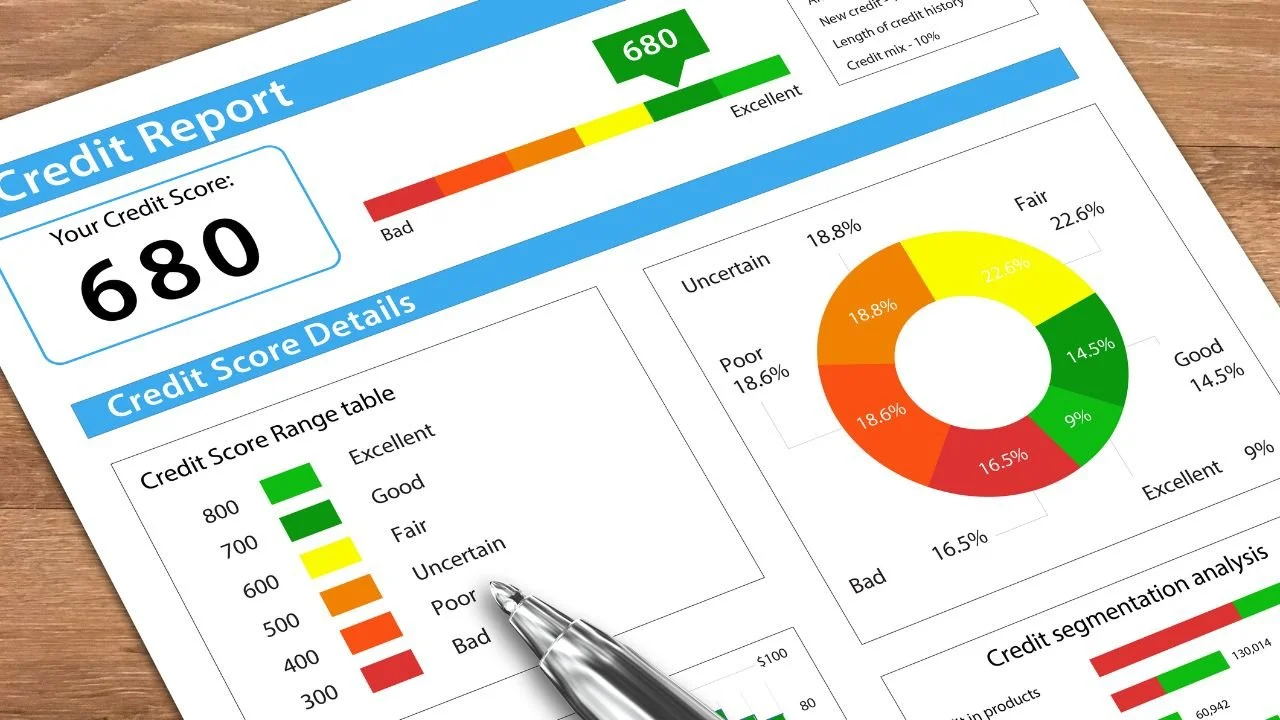How do I Find an FCRA Attorney Near Me?
If you’re looking for a Fair Credit Reporting Act (“FCRA”) attorney then chances are you’re dealing with serious problems on your credit report. Maybe you were denied a mortgage, turned down for an apartment, or even lost a job opportunity because of errors or discrepancies in your credit history.
The good news is that you’re on the right track. An experienced FCRA lawyer can help correct those mistakes and may even recover monetary damages on your behalf. In this article, we’ll explain when it makes sense to hire an attorney, what FCRA lawyers actually do, and how to choose the right attorney to handle your case.
When to Reach Out to an FCRA Attorney
Consumers usually reach out to an FCRA attorney in two main situations. The first is when they notice an error on their credit report. At that stage, the case typically isn’t ready for a lawsuit. Instead, the law requires that you first dispute the error with the credit bureaus.
An attorney can guide you through that process, though you also have the option to handle it yourself. Some lawyers charge for this service, while others include it as part of their overall representation.
This dispute step is a mandatory prerequisite to filing an FCRA lawsuit. If you’d like to start the process on your own, see our guide: How to Fix a Credit Report Error in 3 Simple Steps.
The other fact-pattern that often comes up is after some type of adverse action is taken. For example, a rental application denial or a lost job opportunity. In these cases, disputing is still necessary if the decision was based on an error, but the FCRA also provides additional protections once such actions take place. An experienced FCRA lawyer can explain these rights and walk you through your options for pursuing relief.
What an FCRA Lawyer Can Do for You
I’m a big fan of DIY approaches. With the rise of AI and similar technologies, it might feel like anyone can be their own lawyer. But one of the most important things they teach you in law school is to never represent yourself.
There is nothing wrong with starting the dispute process on your own. In fact, it is recommended. This will save you and your attorney time down the road. But if the error continues to be misreported, it is wise to consult with an FCRA attorney quickly to avoid any further credit damage.
The FCRA is a robust but complicated statute. It contains dozens of technical requirements that credit bureaus and furnishers are supposed to follow - and they often don’t. An experienced FCRA lawyer who has handled these cases before can quickly identify whether your rights were violated in ways beyond just the inaccurate reporting.
Keep in mind that attorney’s fees are recoverable under the FCRA. This is why many attorneys take on clients on a contingency basis, which means no up-front costs to you.
How to Choose the Right FCRA Attorney
Here are a few things to look for when choosing the right lawyer:
Experience with FCRA cases. Not every consumer lawyer handles credit reporting disputes. You want someone who knows the statute and has actually litigated these claims.
Understanding of credit bureaus and furnishers. The process involves both the big reporting agencies (like Equifax, Experian, and TransUnion) and the companies that supply data to them. A good attorney knows how to hold both accountable.
Clear fee structure. Because the FCRA allows you to recover attorney’s fees if you win, many lawyers work on a contingency basis. This means no up-front cost to you.
It’s also important to confirm that you’re working with a licensed attorney, not a credit repair company. These outfits can’t represent you in court if errors aren’t fixed, but they’ll still take your money.
When evaluating your options, steer clear of promises like “we’ll boost your score overnight” or anyone asking for large up-front fees. Those are red flags. An honest and competent professional should be focused on protecting your rights, not selling quick fixes.
Local vs. National – Does Location Matter?
Many people go on Google and search for an “FCRA attorney near me.” But unlike some other areas of law, you don’t necessarily need someone in your backyard to handle credit reporting issues. The FCRA is a federal law which means it’s enforced throughout the entire country.
If your region doesn’t have many attorneys who specialize in FCRA litigation, this is good news. You can work with an out-of-state lawyer who will often partner with a local attorney licensed in your state and familiar with local rules and procedures.
That said, there can still be advantages to hiring someone closer to home. A local credit report attorney may also be familiar with your state’s consumer protection statutes, which sometimes provide additional remedies beyond the FCRA. They’ll also understand the courts in your area, which can make the process smoother.
The bottom line: location matters less than finding an attorney who actually litigates FCRA cases and knows how to hold credit bureaus accountable. Whether they’re based nearby or across the country, the key is experience and focus.
Next Steps: Talk to an FCRA Attorney
Errors on your credit report can have serious consequences, from loan and housing denials to missed job opportunities. These problems rarely fix themselves, and the longer they remain, the more damage they can cause. Acting quickly is the best way to limit the harm and protect your financial future.
If you’ve discovered mistakes or have already faced consequences because of inaccurate reporting, it may be time to get help. At Reznik Consumer Law, we focus on holding credit bureaus and furnishers accountable under the FCRA. We can walk you through your options, explain your rights, and take action if a lawsuit is necessary.
If you’re ready to move forward, schedule a consultation with Reznik Consumer Law today.



